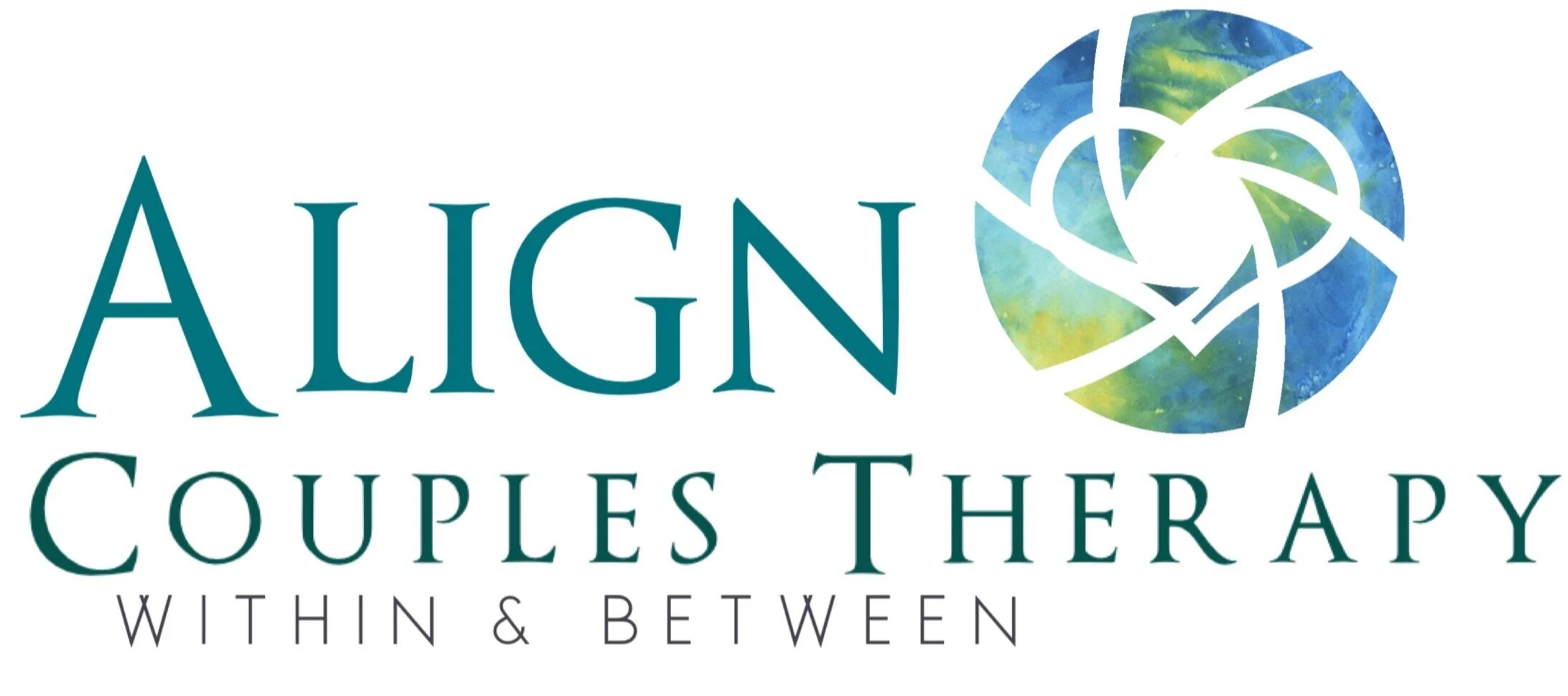The Power of Self Awareness
/Self-awareness is the heartbeat of every meaningful relationship. Whether you're navigating friendships, family dynamics, or workplace interactions, understanding yourself makes all the difference. But in romantic relationships, self-awareness isn’t just helpful—it’s essential.
You can’t share your innermost thoughts and feelings with your partner if you haven’t first taken the time to understand them yourself. Emotional intimacy begins with self-knowledge: recognizing your needs, owning your patterns, and being honest about your triggers. Only then can you show up fully, vulnerably, and authentically in love.
How do you assess self-awareness, how does it benefit a relationship, and how do you go about strengthening self-awareness?
Let’s explore these questions together!
Let’s start with exploring exactly what self-awareness is. Self-awareness is being able to reflect on and identify your emotions, thoughts, and beliefs. It is also recognizing how your words, actions, and feelings affect another person along with why you act and feel the way you do. Self-awareness also means being able to communicate these things openly and respectfully to your partner while also hearing what they think and feel without experiencing defensiveness or blame.
Let’s get into some of the potential signs of low self-awareness in a relationship.
Signs of Low Self-Awareness in Relationships
There are many signs to be on the lookout for in assessing the level of self-awareness that exists within a relationship. Here are just a few:
Difficulty identifying and experiencing emotions. If you struggle with naming an emotion you are experiencing or lack emotional vocabulary, then you most likely are also struggling with self-awareness.
A tendency to blame your partner for your own thoughts and feelings. This might sound something like “I wouldn’t be so angry and yell at you if you just listened” or “You’re the reason I’m unhappy” or “You make me feel not good enough.” These phrases all have a common theme: shifting responsibility to your partner for your own thoughts, feelings, and behaviors rather than taking ownership of them.
Defensiveness receiving feedback. You may have heard your partner express a struggle to share feedback with you due to your defensive reactions. They may something like, “It’s really hard to talk to you about things that you’ve done to upset me.”
Minimizing or outright dismissing your partner’s emotional experience. This might sound like saying things like “You’re overreacting” or “That’s not what happened.” You might struggle with reflecting on how your words or actions affect your partner.
Now that we’ve been able to identify some common symptoms of low self-awareness, let’s now cover the benefits of strengthening self-awareness within your relationship.
Benefits of Strengthening Self-Awareness in Relationship
There are many benefits to working on increasing self-awareness within your relationship. To name a few:
Improve communication. Talking with your partner about difficult things will go so much smoother if you’re able to clearly express what you’re thinking or feeling. You might also notice a decrease in passive-aggressive or avoidant communication as your self-awareness increases.
Reduction in blame/defensiveness. You will be able to take ownership of your own thoughts and feelings, which will lead to more productive communication. This will allow for constructive responses rather than blindly reacting during conversations.
Increased empathy within the relationship. As you become more aware of your innermost thoughts and feelings, you might notice that you will also increase your ability to be curious about your partner’s innermost thoughts and feelings. This empathic ability will also increase your ability to listen without judgement.
Improves intimacy. When you are engaging in self-awareness within your relationship, it will build trust and a safe space for being vulnerable and open in your relationship. This will do wonders for your emotional and physical intimacy!
After reviewing the definition, symptoms, and benefits of self-awareness, it’s now time to get into the skills of how to build self-awareness.
How to Build Self-Awareness in Relationship
There are many practical ways to begin strengthening self-awareness. Here are some ideas you can begin today:
Set aside time to identify and reflect on your emotional state. Take five minutes out of your day to identify 2-3 emotions you might be feeling at the time. You can look up “Emotion Wheels” to help increase your emotional vocabulary.
Notice what triggers your emotional responses. Get curious about why you are feeling the way you feel and how you typically respond when you’re feeling a certain way.
Pause before blindly reacting. Take a few deep breaths and ask yourself “What might be happening within me and what am I really feeling?”
Seek feedback from your partner with openness and curiosity as your guide. Take care to guard against automatic defensiveness or blame.
Work with a therapist to explore emotional patterns and potential blind spots. A therapist can help you to identify patterns in your emotions and behaviors along with helping you develop awareness around blind spots you might not pay much attention to.
If you are reading this article and realizing that you might be struggling with self-awareness in your own relationship, don’t fret! There is work to be done but it’s not about being perfectly self-aware. It’s about being more present and accountable to yourself and your partner, even if just a little bit. Working on building self-awareness is a journey, not a destination. If you’re interested in taking those first steps of building self-awareness individually or with your partner through couples therapy, contact me now to schedule an appointment!
You can reach out to me through this link



